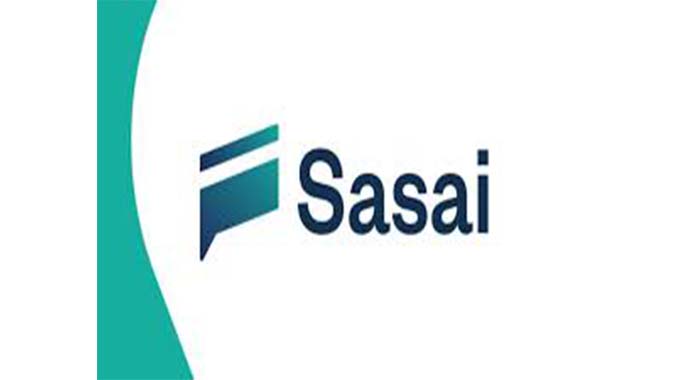‘Standards law will protect consumers’
ZIMBABWE is developing standards for compulsory conformity to quality assurance by manufacturers to protect the public from the consumption of harmful products.
Presently, the country has a voluntary standards system where manufacturers or businesses are not forced to get certification for quality assurance by the Standards Association of Zimbabwe (SAZ), a voluntary body under the Private Voluntary Organisation Act.
Resultantly, some products that do not conform to quality assurance certified by SAZ have found their way into the market, causing health concerns to the public who consume such products.
In March this year, the Cabinet approved the principles of the Standards Bill to establish the Standards Institute of Zimbabwe (SIZ), which will guide the development of compulsory standards to guarantee quality assurance in products and services offered by industry and commerce.
The Government believes that the promulgation of the legislation to govern the enforcement of standards will give the country impetus to grow exports through regulating the quality of goods and services, ahead of the full participation in the African Continental Free Trade Area market.
Speaking during the Standards Act Bill consultative and awareness seminar for business organised by the Confederation of Zimbabwe Industries in Harare recently, acting legal advisor in the Ministry of Industry and Commerce Ms Nolwazi Muchinguri said “As Zimbabwe, we do not have any legislation which provides for standards, what SAZ is doing here is implementing international expected standards, but we have not domesticated them as a country.
“What we are attempting to do when we come up with the Bill to be enacted into an Act of Parliament (the Standards Act) is to really provide for what we call compulsory standards.
“This means that there will be some products to be made mandatory for quality assurance certification by SIZ.”
At the moment, Ms Muchinguri said because of voluntary standards some products that fall in the same category but produced by different manufacturers locally do not bear the SAZ mark while others have.
“For example, there are some bottled water containers with the SAZ stamp or mark but some of the bottled water containers in Zimbabwe do not have the SAZ mark because people (producers) are not obligated to get their product certified by SAZ,” she said.
In the draft Bill, Ms Muchinguri said, there was a preliminary clause that provides for the transformation of SAZ to SIZ, which will be a Government agency that would regulate standards in the country as is the case in other countries like South Africa.
“A key function of SIZ will be to develop standards; to provide conformity assessment; currently you know the private companies which are doing the conformity assessments like Bureau Veritas, EAA and also SAZ is part of those which are doing conformity assessments.
“But SAZ right now is actually examining (destination inspections) those products which would have been inspected in their countries of origin by companies like Bureau Veritas,” she said.
In 2015, the Government launched the Consignment Based Conformity Assessment (CBCA) programme where imported goods into Zimbabwe are checked for quality before and after entering the country to curb the dumping of sub-standard products into the domestic market. Speaking at the same occasion, a legal practitioner Mr Hillary Muza said standards regulation is significant in promoting economic efficiency, fair trade practices, global market access, and innovation and improvement.
“Why is this Bill important, because it enhances economic efficiencies . . . as things stand we have a number of Acts or instruments that speak to compliance and the confusion that ordinarily arises amongst the people who should be compliant with the law is that there are too many laws that need to be complied with.
“You read an Act and say I have done the right thing and then the next thing that happens is you are being told you didn’t comply with a certain Act, so this Bill has the potential to rectify that,” he said.
Mr Muza said at the moment the country did not have a document that consolidates all the international laws and standards into an Act and thus this is what the Bill seeks to achieve.
“The previous speaker spoke of certain products that you find that are produced by ‘fly by night’ companies. The disadvantage that creates for compliant and professional companies is that it costs you money, time and effort to be compliant.
“Then someone comes along and says ‘In my backyard, I am just going to produce this product and sell it in the streets’. So, there is an unfair advantage that they are going to enjoy because they are not regulated.
“The change that’s coming about because of the Act is that everyone will be regulated . . . once you see the SIZ mark on the products, you are guaranteed of the safety of that product,” he said.-herald









